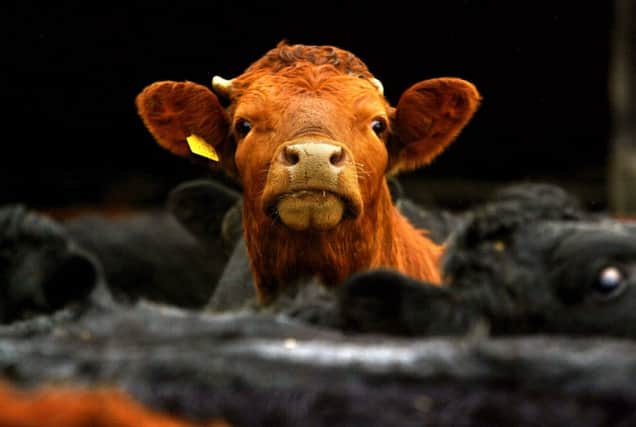New BSE case unlikely to have impact on people


The impact on cattle sees them generally become increasingly aggressive, as their nervous system deteriorates and they lose control of movement. None of the previous fatalities among humans during the 1990s outbreak were born after 1989, which is when high-risk tissues such as brain and spinal cord were banned from the food chain.
The human disease has no known cure. The symptoms include jerky movements and seizures, as well as dementia, memory loss, and personality changes.
Advertisement
Hide AdAdvertisement
Hide AdProfessor Colin Smith of the National CJD Research & Surveillance Unit at the University of Edinburgh, said: “There are unlikely to be implications for human health as a result of this isolated case.
“Variant CJD, the human form of BSE, remains an extremely rare disease and there have been no cases in the UK since 2016.”